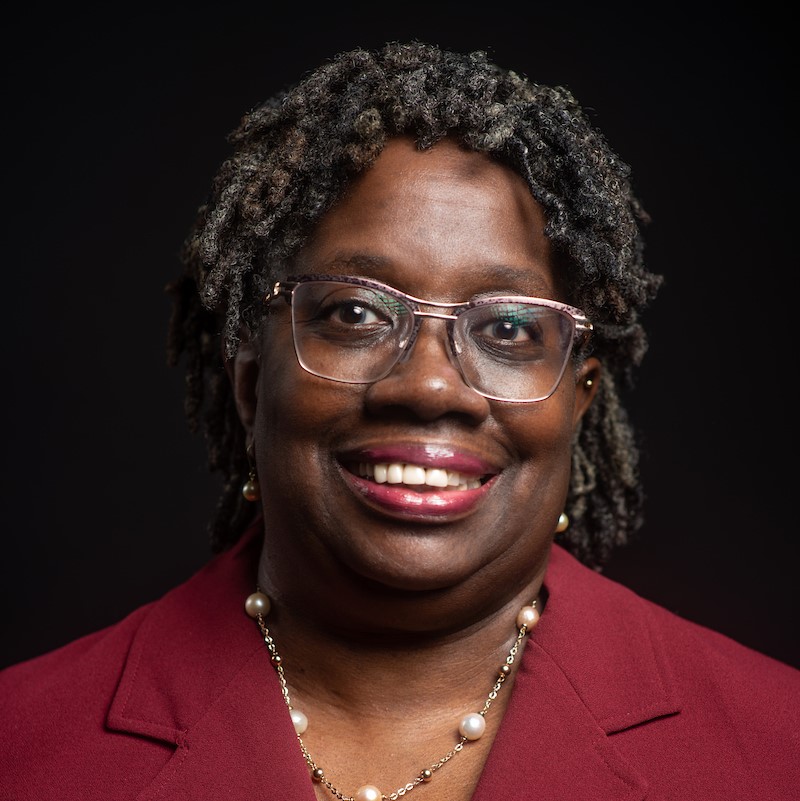On the eve of the 156th anniversary of the original Juneteenth, LISC EVP Denise Scott reflects on what this holiday means for Black Americans—and for the entire country—and how our national racial reckoning makes this commemoration more urgent, and promising, than ever.
Photo: Musicians at an Austin, Texas Juneteenth celebration, 1900 (Courtesy Austin Archives)
For all the collective pain and loss of the past year plus, 2020 taught us some important things. For one, thanks to the racial reckoning, and the millions who have stood up to demand the actions that will put an end to systemic racism and racial violence toward Black Americans, many more U.S. residents, including many of us at LISC, now know about the significance of Juneteenth.
Juneteenth commemorates June 19, 1865, the day Union Army general Gordon Granger announced General Order No. 3 in Galveston, emancipating some 250,000 people who had been enslaved in Texas. This was nearly two and a half years after Abraham Lincoln signed the Emancipation Proclamation, officially outlawing slavery throughout all confederate states, including Texas. It took that long for the Union Army to become an enforcing presence in the state which, like many in the confederacy, did not act on the proclamation until they had to.
Also known as the “Emancipation Day” and “second Independence Day,” Juneteenth is the country’s longest-running Black holiday. It celebrates freedom, yes, but also resilience, hope, tenacity, defiance—and justice, a long time coming.
For more than a century and a half, Black Americans, especially in Texas and other parts of the South, have celebrated Juneteenth, recognizing the anniversary of an extraordinarily powerful moment in Black history. In many ways, though, the trajectory of Juneteenth commemorations has been a reflection of how the very freedoms and rights that emancipation and the 13th amendment accorded to Black Americans have been blockaded and undermined. In segregated Texas and many parts of the South, where immediately after emancipation Blacks launched into building new lives as entrepreneurs, educators, civic and community leaders, farmers and much more, whites perceived this robust success—and any celebration of Black success—as a threat.
Blacks were barred from congregating in public parks and were forced to find alternate venues, sometimes pooling funds to purchase land for Juneteenth and other gatherings. During Reconstruction, and through the Jim Crow era, the threat of violence and harassment meant people held fewer public Juneteenth events, or didn’t celebrate at all.
Still, the holiday has flourished, and those who celebrate it have created countless joyful opportunities to reunite and educate, to share food, music, art and history, in urban and rural places all across the country. In The Warmth of Other Suns, her magisterial account of the second Great Migration, Isabel Wilkerson notes that the five million Blacks who left Texas and other southern states for northern cities and the West Coast between 1940 and 1970 carried Juneteenth with them to their new communities and new homes.
In recent years, Juneteenth has gained increasing recognition, but it took the upheaval and outcry of 2020 to bring the anniversary day and its enduring meaning to the forefront of our national consciousness.
At LISC, we are dedicated to all that Juneteenth signifies. And while we waited for the federal government to recognize it as a national day of observance, we joined other anti-racist organizations in making it an official paid holiday. But that’s the tip of the iceberg. The values and goals that Juneteenth represents—equality, equity, and justice; the right to live with wellbeing and dignity and the opportunities to do so; a permanent seat at the table. All of these are what we work for every day. And like the news of emancipation in Texas on June 19, 186 years ago, they are a long time coming.
Let’s take this day to celebrate recent gains in understanding and racial equity—the kinds of gains that Juneteenth stands for—and while we’re at it, let’s recommit to forging together the systemic change our country so dearly needs.
 Denise Scott, President
Denise Scott, President
With more than three decades of experience in community development, Denise leads LISC’s investment in 38 local offices in cities and rural communities across 49 states with a firm commitment to ensuring local leaders have the platform and capacity to drive strategies for equitable community change. She is responsible for providing vision and setting the strategic direction for local offices and national programs and leading implementation of enterprise priorities like Project 10X. Denise previously served as LISC’s Executive Vice President for seven years. In this role, she elevated the field agenda and refined a service delivery system for national resources, investments and technical assistance to maximize LISC’s impact.
@LISCDeniseScott